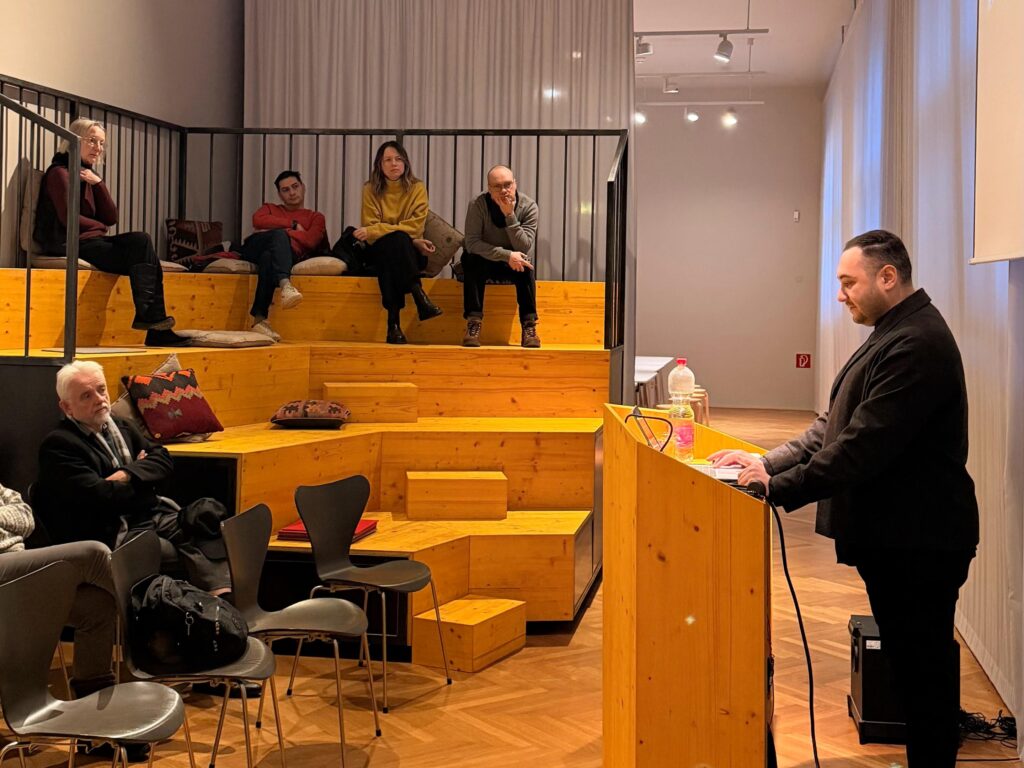Look at this country: Georgia!
In the past few days, striking images of demonstrations have reached us from Georgia. Tens of thousands protested outside the Georgian Parliament in Tbilisi against the controversial ‘Foreign Agents Law’ proposed by the government – only to be violently dispersed by the police with water cannons just last night. The law aimed to force NGOs and media outlets receiving more than twenty percent of their funding from foreign sources to register as ‘foreign agents.’ This was seen as a deliberate attempt to discredit the independent civil society, which often relies on foreign funding due to a lack of domestic support.
Today, the government in Tbilisi responded to strong pressure from civil society and critical voices from the international community by announcing the temporary withdrawal of their proposed legislation. However, it must be said with caution: temporarily.
The Georgian government modeled this legislation after Russia, where a similar law was passed in 2012, proving to be an effective tool in suppressing critical voices within Russian civil society. It laid the groundwork for isolating Russian society from the outside world and likely contributed to the widespread passivity and support of the Russian population in the war against Ukraine.
Behind the Georgian government’s push for such an ‘agent law’ lies Moscow’s effort to regain its influence. The kleptocratic circles, some of whom have significant business interests in Russia, around the billionaire and founder of the ruling party ‘Georgian Dream,’ Bidzina Ivanishvili, appear to be willingly accommodating the Kremlin’s wishes.
Opposing Moscow’s ambitions and the government in Tbilisi is a society in Georgia that overwhelmingly supports the course of integration into the European Union and NATO, as enshrined in the Georgian constitution. This society also voices concerns about Russia’s continued economic and political influence, particularly since the 2008 war, during which Russia occupied twenty percent of Georgian territory through its troops or separatist pseudo-governments. Moreover, the pro-democracy majority in the current confrontation received support from the Georgian President, Salome Zourabichvili.
There are parallels to the situation in Ukraine in the fall of 2013 when the attempt by the then Kremlin-aligned kleptocratic government of Yanukovych to unilaterally bind Ukraine to Russia met with an active population advocating for European integration and against corruption, culminating in the mass protests of the Euromaidan.
The Georgian government’s announcement to use the upcoming elections to ‘explain’ the purported benefits of a seemingly transparency-focused ‘agent law’ to the population suggests that the country’s leadership will not deviate from its course. Instead, it has bought time to push back against the independent civil society in a second attempt.
A massive campaign by the ruling party ‘Georgian Dream’ can now be expected, aimed at laying the groundwork for a long-term alignment with Russia, echoing the Kremlin’s interests. This campaign will challenge public convictions. Therefore, it is crucial to support Georgian democrats in mounting a successful counter-campaign. It is about defending the declared will of the citizens of Georgia against the authoritarian grip of an anti-democratic clique.
Tonight, once again, the Georgian civil society plans to gather in front of the parliament in Tbilisi. They are keeping a close watch on their government because they understand what is at stake: the integration of Georgia into a shared, open, and democratic Europe. Look at this country!




